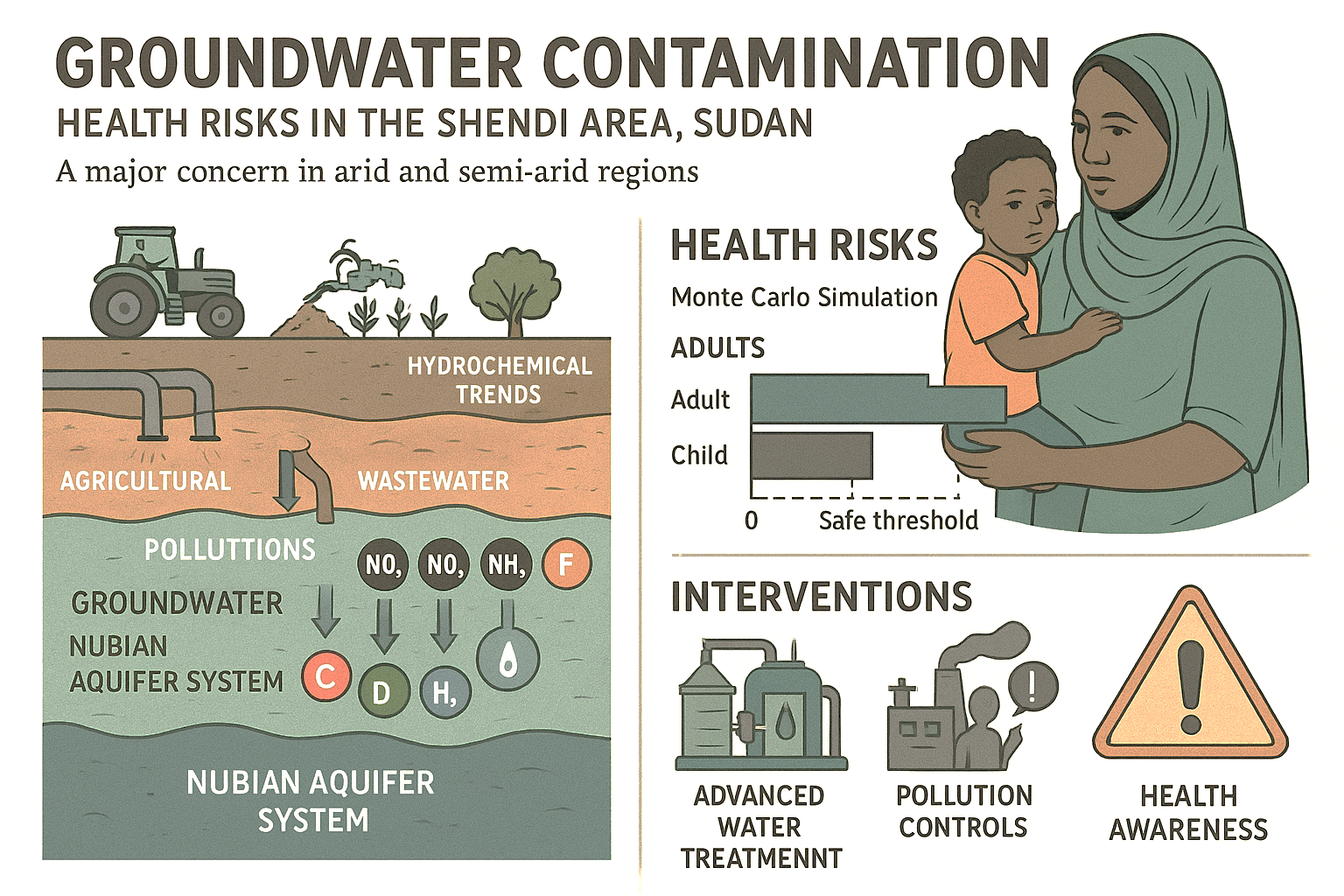News
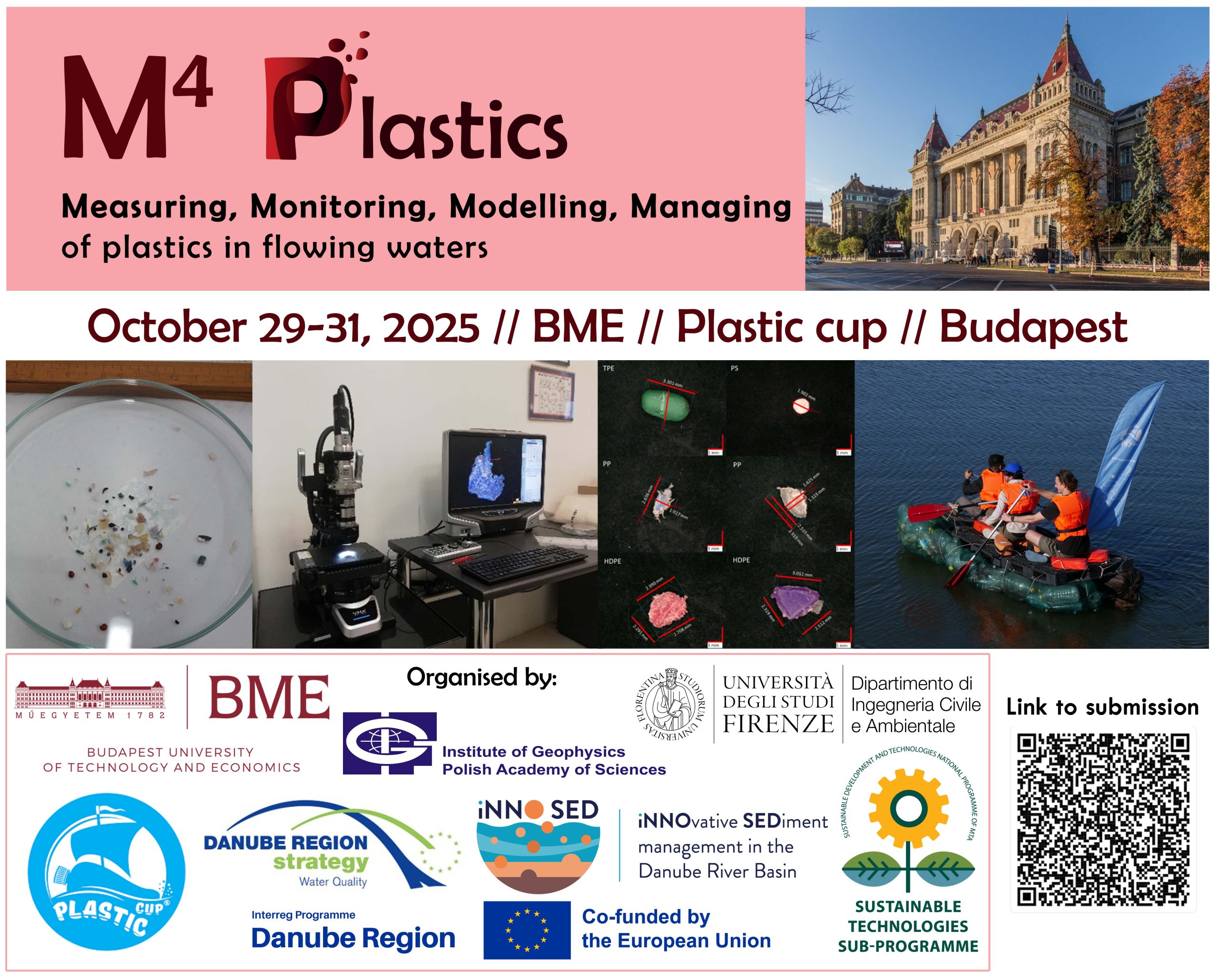
M4 Plastics — Measuring, Monitoring, Modeling and Managing of Plastics in Flowing Waters
Join us for an interdisciplinary workshop focused on the pressing issue of plastics in riverine and freshwater systems. The program includes expert presentations from diverse research fields, a guided laboratory visit, and a field trip offering hands-on insights into practical monitoring and assessment techniques.
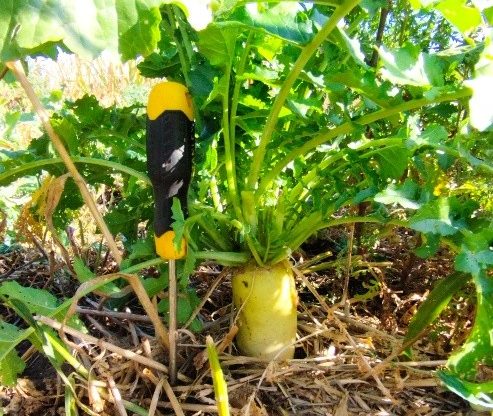
Climate-smart agricultural practices in Hungary – strategies to increase soil carbon stocks and reduce carbon emissions
The latest review article by researchers of the Institute for Soil Sciences provides an overview of the role of soil in climate change mitigation and highlights the potential of agricultural practices to support these goals.
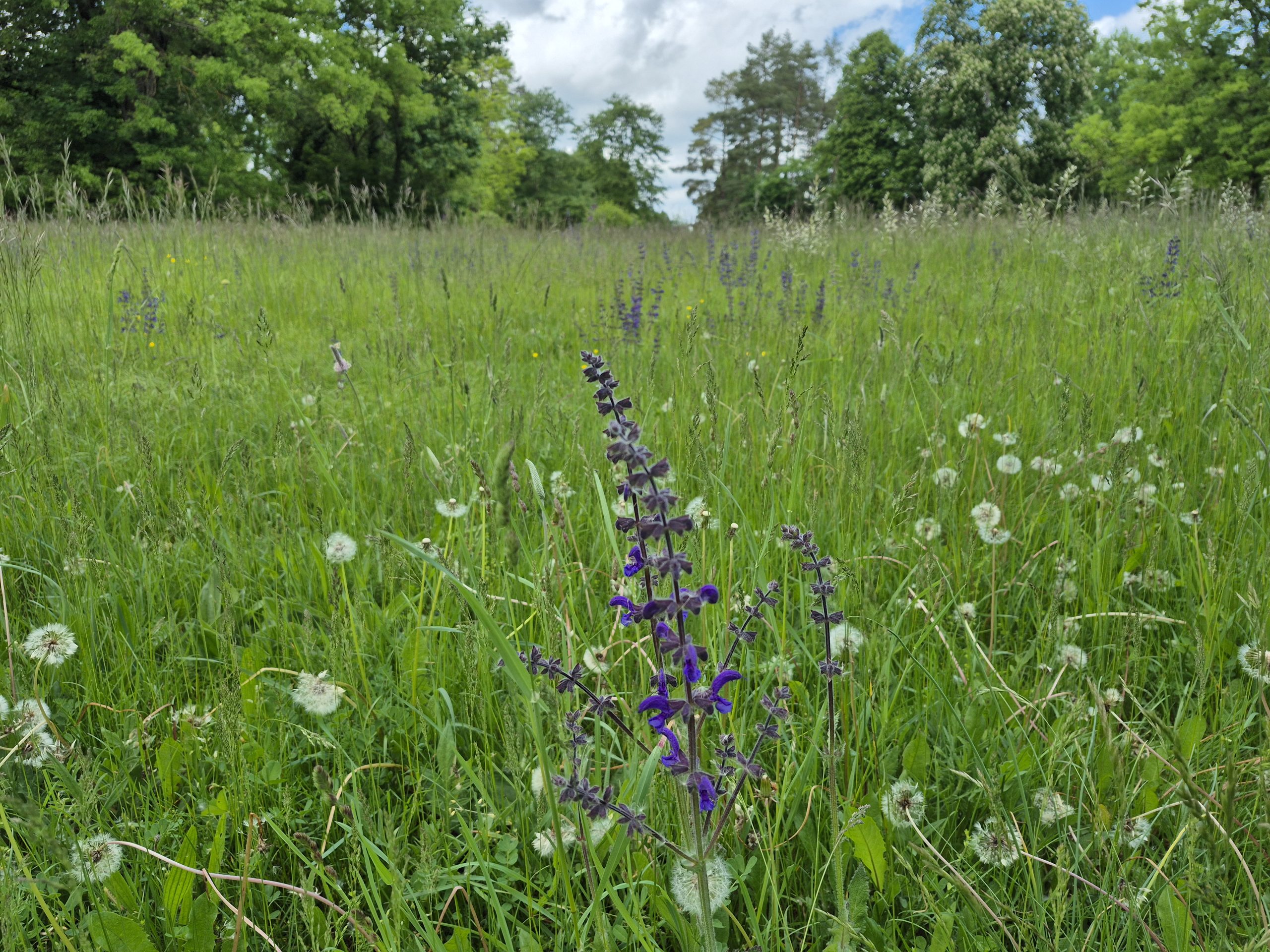
European cities need ambitious nature restoration targets –new comment paper published in npj Urban Sustainability
In an international team led by Valentin Klaus researchers of the ‘Sustainable Cities’ subproject at HUN-REN Centre for Ecological Research have recently published a comment paper in npj Urban Sustainability about the potential of the EU Nature Restoration Law in making our cities more resilient, biodiverse and liveable.

Garden ponds: Hidden gems of urban biodiversity conservation

Aquatic plants instead of goldfish: how garden ponds can help conserve biodiversity
Ornamental garden ponds support the survival of numerous protected species, especially if they are not overcrowded with exotic fish. A study conducted by researchers from the HUN-REN Centre for Ecological Research (HUN-REN CER) with public participation and published in Urban Ecosystems, also shows that Hungarian garden ponds are among the larger ones in Europe.
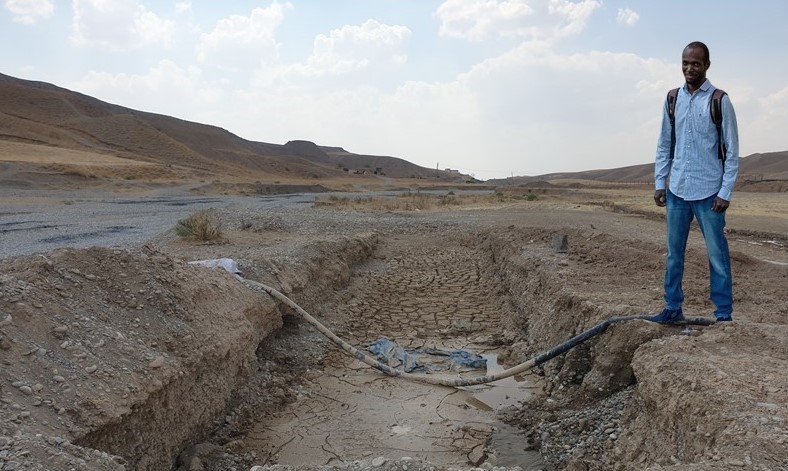
Multi-step modeling of well logging data combining unsupervised and deep learning algorithms for enhanced characterization of the Quaternary aquifer system in Debrecen area, Hungary
Discover the recent research within the Sustainable Development and Technologies project, where we conducted a multi-step modeling approach integrating unsupervised and deep learning algorithms to improve the interpretation of geophysical well-logging data for a more thorough characterization of the Quaternary aquifer system in the Debrecen area, Hungary.
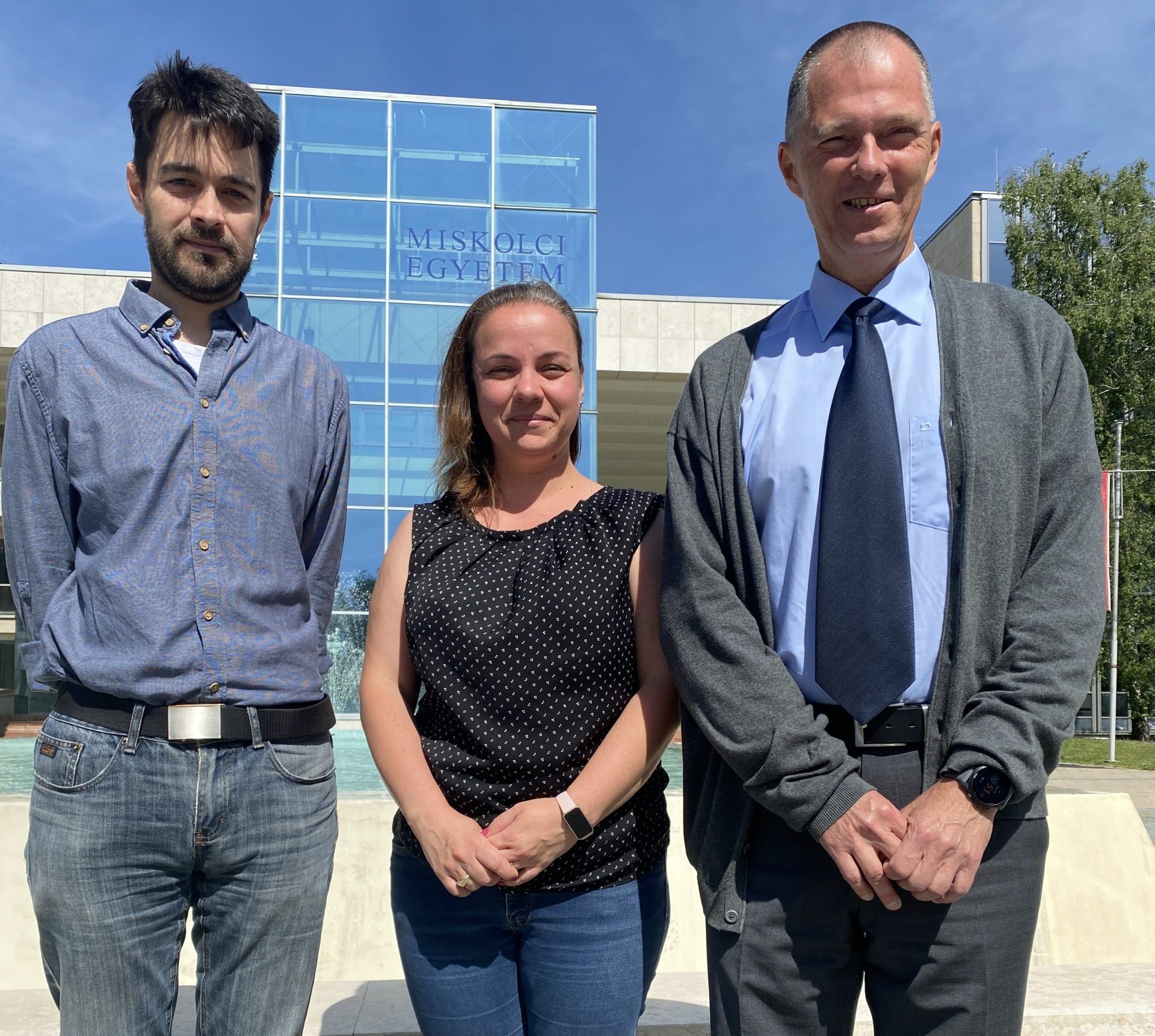
Assessing heterogeneous groundwater systems: Geostatistical interpretation of well logging data for estimating essential hydrogeological parameters
In the framework of the Sustainable Development and Technologies project, this research focuses on employing an unsupervised learning approach to interpret well-log data, aiming to characterize the primary hydrostratigraphical units within the Quaternary aquifer system in the Debrecen area of Eastern Hungary.
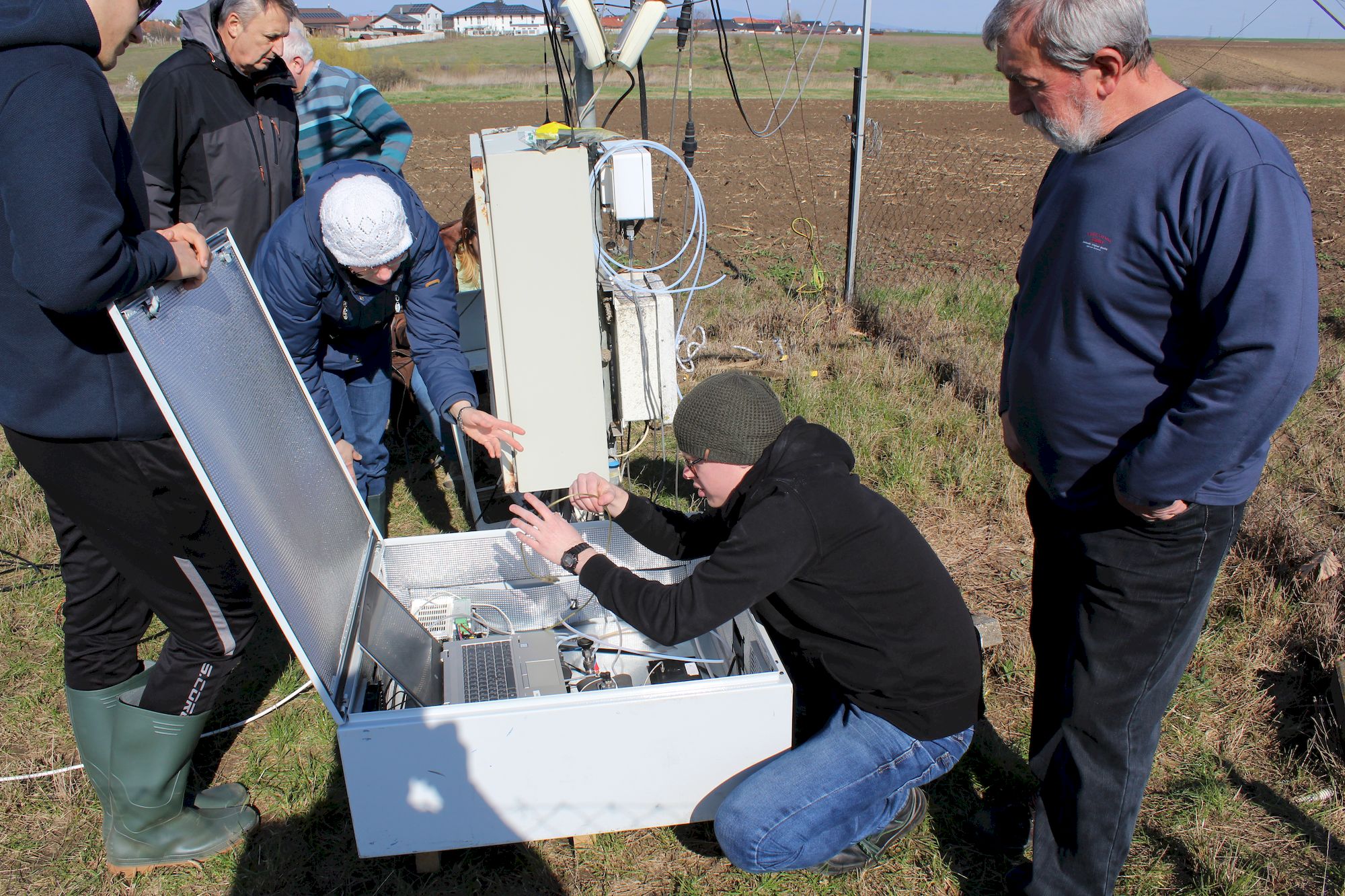
Determination of the ammonia loss from croplands
Half of the applied fertilizers are not used globally and instead pollute the environment. Determining the degree of loss, which is crucial for prevention, is accomplished using models validated by measurements.
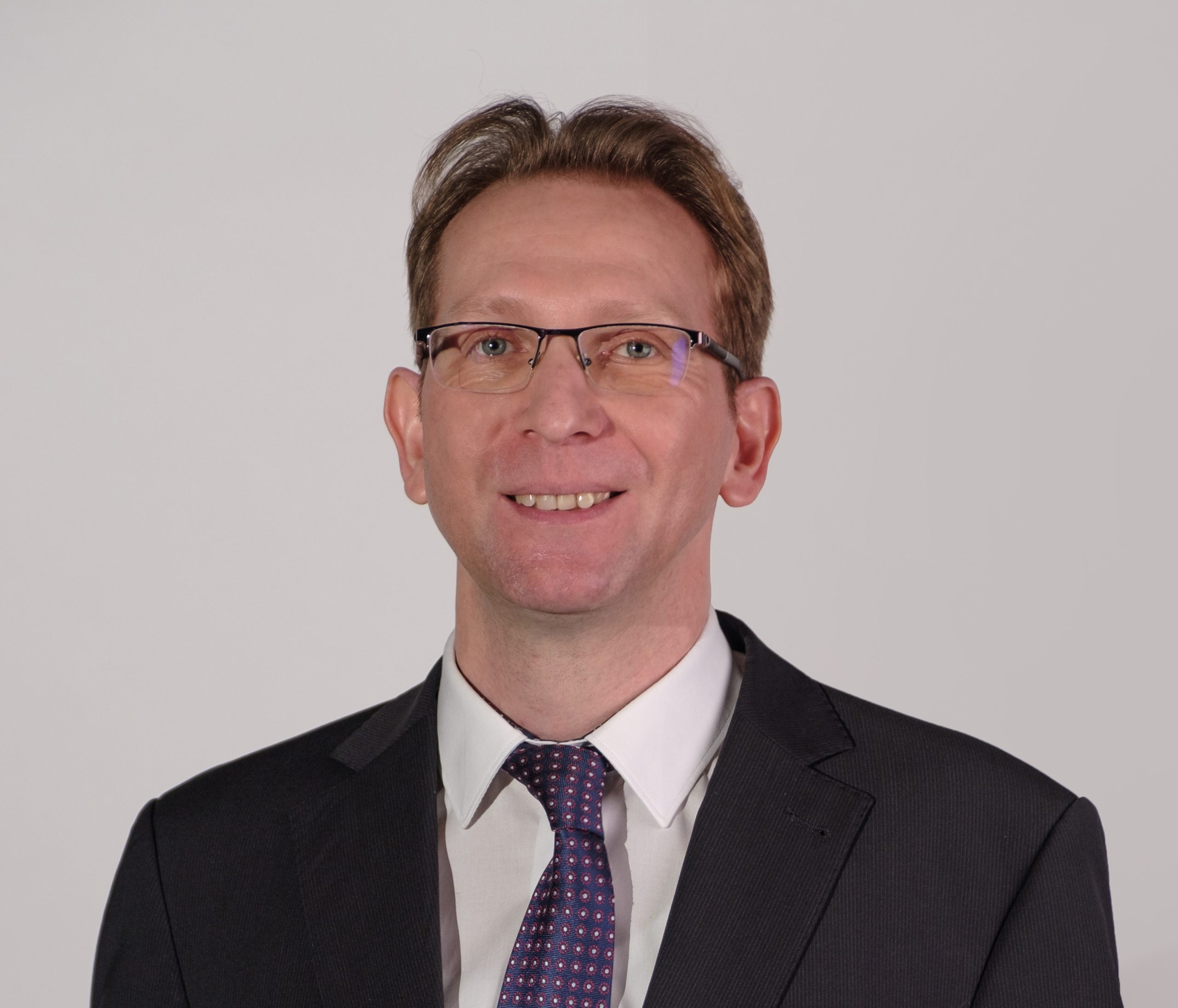
Hyperparameter inversion of well logs for the simultaneous estimation of volumetric and zone parameters
We present a new alternative for the joint inversion of well logs to predict the volumetric and zone parameters in reservoir rocks. Porosity, water saturation, shale content, kerogen and matrix volumes are simultaneously estimated with the tool response function constants with a hyperparameter estimation assisted inversion of open-hole well logs. We treat the zone parameters, i.e., the physical properties of rock matrix constituents, shale, kerogen, and pore-fluids, as well as some textural parameters, as hyperparameters and estimate them using genetic algorithm for the entire processing interval.

Environmental, Social, and Economic Impacts of the Renewal of Urban Brownfield Areas
The study entitled “Environmental, Social, and Economic Impacts of the Renewal of Urban Brownfield Areas ” by Dr. Mariann Szabó, assistant professor and Fruzsina Bozsoki, doctoral student, was published in the 185th volume of the Magyar Tudomány journal of The Hungarian Academy of Sciences. (The economic and social aspects of sustainability transition research group, BME)
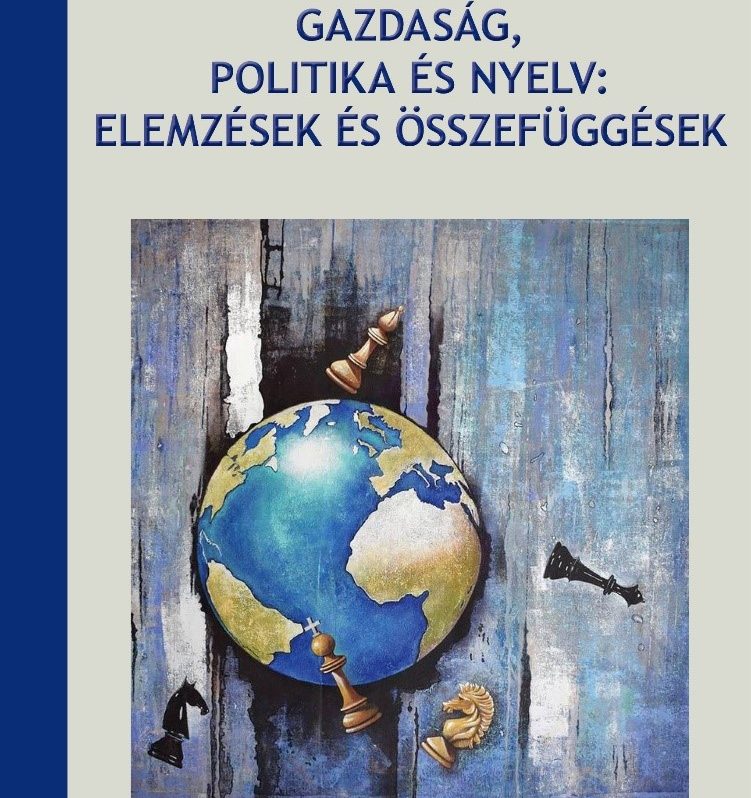
Book chapter on the possibilities of urban brownfield sites in the service of more liveable cities
In their study, they draw attention to the growing importance on the revitalization of brownfield areas, to reduce land extraction resulting from urbanization, and examine the possibilities of temporary usage, which is little used in the domestic context but forms the basis of many foreign developments, to improve urban liveability.
